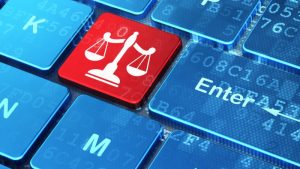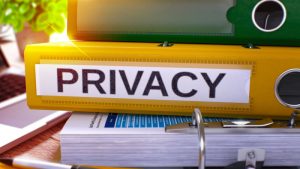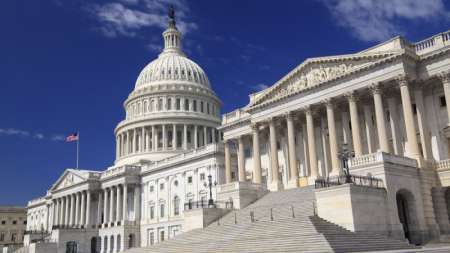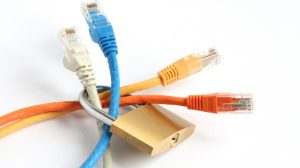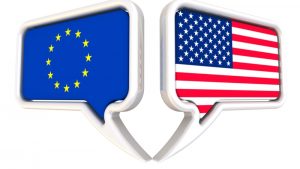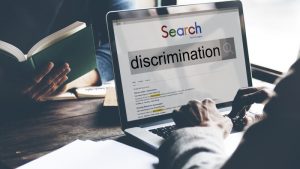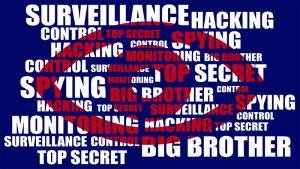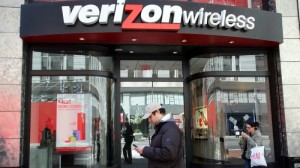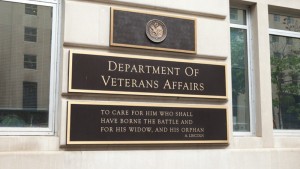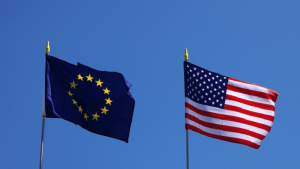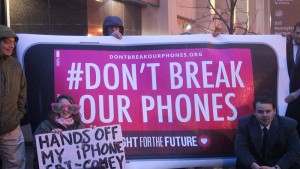Certain types of “warrant-proof” encryption could pose significant danger to law enforcement’s ability to investigate and prosecute crimes, according to Assistant Attorney General Leslie R. Caldwell. […]
The White House Office of Management and Budget issued updated guidance for the jurisdiction and duties of Senior Agency Officials for Privacy (SAOP), giving them more authority. […]
Members of Congress are working to pass the Kelsey Smith Act, which would give law enforcement access to phone location data in some emergency situations, despite claims from privacy groups that the law could be abused. […]
Due to the breadth and depth of cyberattacks and breaches in the Federal government, most especially the Office of Personnel Management, agencies should be implementing a policy of zero trust when it comes to who is accessing their data, according to Rep. Jason Chaffetz, R-Utah. His committee released a report titled “The OPM Data Breach: How the Government Jeopardized Our National Security for More than a Generation.” […]
Access Now, an organization that advocates for open digital communication, called for the prohibition of government hacking in its report “A Human Rights Response to Government Hacking.” […]
Industry leaders and government officials disagree about whether encryption is causing the digital space to “go dark” or makes Internet users safer. […]
Jane Holl Lute, the former deputy secretary of Homeland Security, is scheduled to provide a Tech Talk at the Symantec Government Symposium on Aug. 30 in Washington, D.C. MeriTalk caught up with Lute, who agreed to offer her thoughts on the evolving struggle between privacy and security, and a preview of her presentation. […]
Nuala O’Connor is one of the nation’s leading authorities on technology, security, and privacy. MeriTalk caught up with O’Connor as she prepares to give a Tech Talk at the upcoming Symantec Government Symposium on Aug. 30 in Washington, D.C. […]
Since 2003, the Office for Civil Rights has settled HIPAA violations to the tune of $36 million, with the two most recent settlements coming from Oregon Health & Science University and the University of Mississippi Medical Center. […]
APIs, known as application program interfaces, and their use with apps might just hold the key to achieving interoperability between electronic health records, or so the Federal government is hoping. […]
The House and Senate Intelligence Committees each passed restrictions on the Privacy and Civil Liberties Oversight Board that would restrict its funding, give it jurisdiction only over the privacy of people in the United States, and force it to report to the agencies that it’s overseeing. […]
The Federal Communications Commission’s new consumer privacy rules cause disagreements among experts about whether the rules are overbearing or progressive. […]
European companies wishing to transfer sensitive data, such as payroll information, to American companies will now be able to do so securely, should they register for the Privacy Shield Framework. […]
The European Union announced that the EU-U.S. Privacy Shield, an international data privacy agreement, has been adopted by its member states. […]
The American Civil Liberties Union filed a lawsuit against the U.S. Attorney General on June 29, arguing that a section of the Computer Fraud and Abuse Act unconstitutionally criminalizes research aimed at determining whether online algorithms result in discrimination against certain races, genders, and other minority groups. […]
Privacy advocates launched a new website Monday called end702.com that urges Congress to allow a controversial section of the Foreign Intelligence Surveillance Act (FISA) to expire at the end of next year. Fight for the Future and a coalition of public interest groups are encouraging Congress to let Section 702 of the FISA Amendments Act of […]
Big data has the potential to both increase and decrease discrimination based on the ethics of its use, according to speakers at the Ford Foundation Fairness by Design event. […]
Applicants for Federal security clearances may want to double check their Twitter feeds, as agencies could soon be moving forward with investigations into applicants’ social media accounts. The biggest obstacle to these investigations, however, is not privacy concerns, but rather data security. […]
Many Americans’ electronically stored medical data is likely unsecured and inaccurate, according to panelists at the Health Datapalooza. “There are real-world consequences to medical data sharing,” said privacy and medical attorney Neal Eggeson. […]
Consumers comprehensively think that more needs to be done to protect their data, according to a study published by Purple Insights on behalf of ACT the App Association. But do they trust government or tech companies more? […]
FCC Chairman Tom Wheeler has released a proposal for regulations that would restrict the ways broadband service providers can use customer data. The goal is to give customers greater choice in how their data is used. […]
Both Apple and the FBI are taking extreme stances in the encryption debate, which makes picking a side complicated, according to a panel at the Cybersecurity for New America Conference. […]
Verizon Wireless and the FCC agreed on a settlement on the company’s use of “supercookies” in customers’ mobile Internet use. The supercookies, also known as Unique Identifier Headers, enable Verizon to identify customers and deliver targeted advertising programs to them. […]
The Department of Veterans Affairs announced additional leadership and organizational changes throughout the Office of Information and Technology. Tina Burnette, the long-serving executive director for enterprise risk management, has been selected for the Senior Executive Service and will take over as executive director of the Field Security Service within the Office of Information Security. […]
FBI Director James Comey endured tough questioning by Rep. Darrell Issa, R-Calif., on whether the FBI had pursued every alternative to accessing the San Bernardino shooter’s phone before going to Apple, which has challenged a Federal court order that would force the company to unlock the phone. […]
The U.S. and European Union agreed to a data privacy deal known as the Privacy Shield that would ensure greater protection of personal data moving across the Atlantic. The deal, which replaces the Safe Harbor Agreement, implements stronger regulations and repercussions in data exchange between the U.S. and Europe. […]
As health care record breach statistics spike, and hackers and fraudsters find more and more complex and creative ways to make money off of private health information, some have asked if the current Federal approach to monitoring HIPAA compliance is sufficient. […]
Fight for the Future protesters gathered outside the FBI building in Washington, D.C., to stand against a court order that Apple create a program that would allow FBI officials to access the San Bernardino shooters’ phone. Apple CEO Tim Cook refused to comply with the order, creating a standoff between the company and the FBI. […]
The Justice Department’s 35-page motion to compel Apple to comply with an earlier court order directing the company to assist the FBI in the San Bernardino mass shooting case presents a snappish point-by-point rebuttal of Apple CEO Tim Cook’s public refusal to cooperate with the government on the case. […]
The National Security Agency announced Monday it is moving ahead with a massive reorganization plan that will consolidate offensive and defensive hacking operations under one command—a move that privacy and civil liberties groups, as well as a presidential review board, have warned would create potential conflicts of interest. […]

